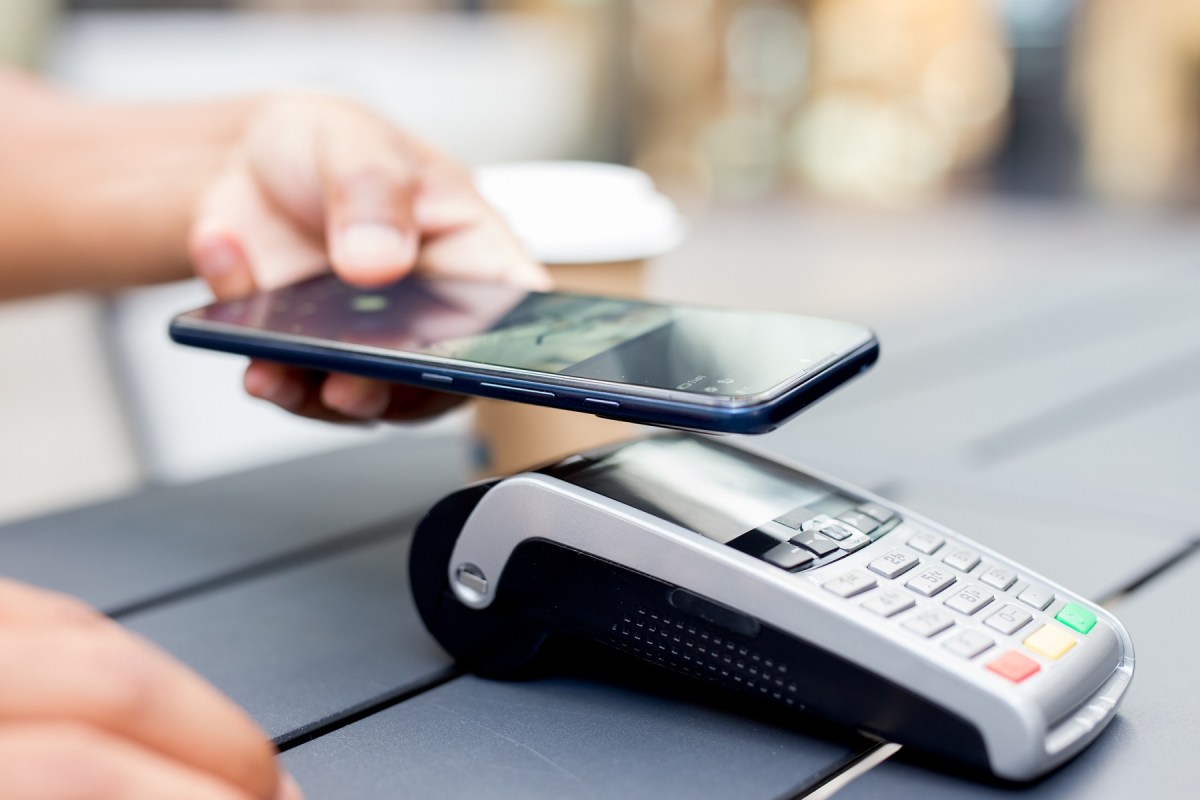Consumers want fast, frictionless payment options and most merchants are delivering just that, through the implementation of e-wallet payment options such as PayPal and Apple Pay. The international marketing statistics portal, Statista, estimates frictionless payment technology will grow to $8 trillion by 2024. However, adopting these innovations not only creates an attractive (and lucrative) environment for consumers but also for lurking fraudsters.
The risk of online payment fraud for businesses continues to grow year over year, While instances of fraud threats have grown across all industries around the world, few are more targeted than retail. As a result, retailers face a never-ending battle to prevent rising fraud rates, whilst simultaneously delivering a high-quality customer experience.
Data breaches fuelling fraudulent payments
Data breaches in particular, such as the recent high profile cases of Optus, Medibank and Latitude in Australia, command headlines and incite customer outrage. These incidents often lead to a wave of fraud, using stolen credit card information and payment details obtained during the breach.
As a result, many enterprises with large customer bases are investing significant amounts in cyber security to protect their data, and rightly so given what’s at stake for consumers. But everyday fraud via the checkout is far more costly on average. Yet this is the area that is often neglected or poorly managed, and consequently, the cost of fraud on the eCommerce bottom line can be enormous: according to the Merchant Risk Council’s 2022 Global Payments and Fraud Report, businesses globally spend on average 10 percent of eCommerce revenue on fraud management.
The hidden costs of e-wallet payments
e-Wallets have become increasingly popular in recent years due to their enhanced convenience. With digital wallets, customers can store multiple payment methods and access them with just a few clicks on their smartphone, which eliminates the need to carry physical cards or cash.
There is no denying that e-wallet payments such as PayPal and Apple Pay are extremely convenient purchase methods. But in reality, these methods are also causing headaches, particularly for online retailers who cannot see who is really on the other end of the phone.
PayPal is a fraudster favourite and is becoming an increasingly popular target, followed closely by rapidly rising target Apple Pay. According to Riskified data, in December 2021, PayPal fraud levels were trending at around 900% higher month-on-month compared with January 2020 levels.
PayPal is targeted because it represents a treasure trove of stored payment details. Meanwhile, fraudsters are able to add stolen credit cards to their personal Apple Pay wallet, and they can very easily bypass the issuing banks’ authentication methods using various social engineering tactics, like phone scams, phishing attacks, and device takeovers, which is something that retailers need to be aware of when enabling eWallets during online checkout
Balancing the books of eCommerce fraud prevention and customer experience
Given the risks from e-wallets and payment fraud, every retailer operating eCommerce at scale recognises that investment in fraud prevention is a necessity. However, it’s not just the fraud itself that can create great cost and pain for businesses – a flawed solution can be just as expensive and detrimental.
According to the Merchant Risk Council’s 2022 report, eCommerce merchants on average decline up to five percent of all transactions over fear of fraud. But our research shows that 70 percent of fraud declines are legitimate customers. This means that in their attempts to fight fraud, businesses are rejecting real orders from legitimate customers because of false flags.
As a result, retailers are losing money and harming their relationship with affected customers. If the friction and barriers created by fraud check strategies cause significant conversion rate declines, then retailers are unlikely to see any benefit from fraud detection.
With rising consumer expectations, a smooth customer experience is extremely important to online merchants. Machine learning technology is advancing fast, and companies that are putting the necessary solutions in place for a frictionless experience will take market share from their peers that are still using legacy tools, or even worse, manual fraud detection.
Fraud continues to move at lightning speed – the organisation and sophistication of the fraudsters is frightening. Retailers must ensure they are one step ahead; they simply cannot afford to stick their heads in the sand. eCommerce fraud is a very real threat, but it is not unbeatable. With vigilance and informed strategy, retailers have the ability to beat fraudsters at their own game and come out on top.
Nick Kirtley is country manager for Australia and New Zealand at Riskified.

